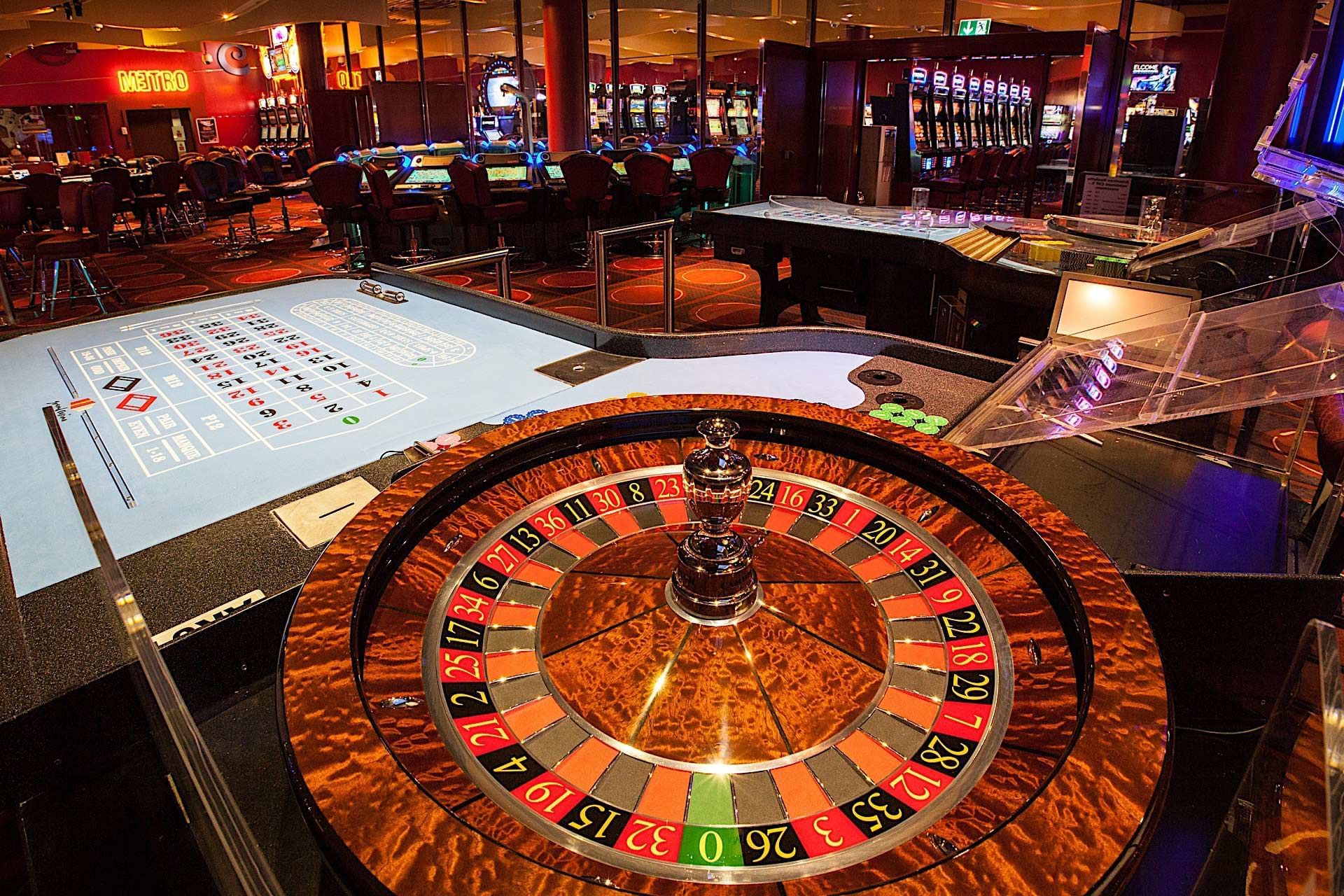Casino games have long been a engaging entertainment option, drawing countless of players from varied cultures around the globe. From the glitzy casinos of Vegas to the busy gambling halls of the Chinese gambling capital, these games serve as a link that unites people across different backgrounds. The allure of chance, tactics, and uncertainty entices not only those looking to gamble for profit but also those in search of a shared experience.

The cultural impact of casino games extends well beyond the gaming floor. They often represent the social norms and beliefs of the societies in which they prosper. Games such as seven-card stud, blackjack, and the wheel game have woven themselves into the fabric of mainstream culture, influencing various aspects from films to fashion. As we explore this fascinating intersection of luck and culture, we can better understand how these games shape and are influenced by the surrounding world.
Chronological Evolution of Gaming Games
The roots of casino games can be followed back to ancient cultures, where betting in different forms was widely engaged in. In Ancient China, around two thousand three hundred years before Christ, a variant of luck game known as Keno was well-known, while in historic the Roman Empire, soldiers would regularly wager on the outcomes of their matches. The notion of using luck for entertainment and gain progressed over the centuries, leading to the creation of more formal activities. By the late Middle Ages, gambling houses initiated to appear in European nations, especially in Italy, which introduced early incarnations of popular games still enjoyed today.
As gambling increased popularity in the continent, the 17th and 18th centuries saw the rise of casinos as exclusive venues for gaming. The earliest official gaming venue, the Ridotto, was set up in the Venetian city in the year 1638, providing activities like Baccarat games and Faro. This period marked a significant turning point, as casinos commenced to attract not just the elite but also the expanding middle-tier society. The refinement of activities grew, leading to the development of new guidelines and modifications that improved the gaming experience.
In the 19th century, the era of industrialization and transformations in social standards additionally changed the landscape of gaming games. The arrival of roulette and new one-armed bandits attracted a broader crowd, and gaming houses became seen as legitimate entertainment. This time witnessed the worldwide proliferation of gambling, as casinos expanded from European nations to the Americas, culminating in the creation of the famous Las Vegas Strip in the 1900s. The progress of casino activities has continued into the present day, incorporating modern technology and digital platforms, allowing them available to a global market.
# Cultural Importance within Various Cultures
Gambling games have profound cultural and social importance across many communities across the world. Places like Las Vegas, the very essence of the city is woven around casinos, where gambling is not just a pastime but a key aspect of leisure and community life. The dazzling lights and dynamic atmosphere attract a vast audience, showcasing how gambling activities can influence local economical structures and local cultures. This environment transforms the notion of leisure into an engaging encounter that affects style, melodies, and even cinema.
Conversely, some societies treat betting with an air of caution, viewing it through the lens of ethical beliefs and heritage. For example, in various Asian communities, games like Mahjong and Pai Gow Poker are rich with history and carry significant social meanings. These games are often played during get-togethers and celebrations, fostering collective connections and strengthening familial ties. The act of engaging in these games goes above mere leisure, reflecting values such as respect for elders and the importance of communal fun.
At the same time, in continental countries such as the principality of Monaco and Rome, gambling activities serve as symbols of luxury and sophistication. The stylish atmosphere of these venues attracts both visitors and locals, maintaining a sense of prestige and elitism. The art of the game of poker and the tactical components of games like baccarat are appreciated, influencing community relationships and establishing an appeal that captivates a varied audience. This emphasizes how games of chance can simultaneously mirror and shape societal views towards risk, gain, and relationship building.
Economic Impact and Travel Industry
Casino games play a important role in the financial context of many areas, particularly those that depend significantly on tourism. The revenue produced from casino operations fuels local financial systems, creating employment opportunities not only within the casinos themselves but also in connected industries such as hotel management, restaurant services, and entertainment. This influx of tourists, drawn by the allure of games and the overall gaming environment, stimulates expenditure across multiple businesses, contributing to the economic vitality of the area.
The presence of casinos often leads to the development of infrastructure, including lodging, public transit, and recreational facilities. These developments are essential in enhancing the overall tourist experience, making locations more attractive to tourists. E2BET Additionally, many casinos invest in local communities through support of activities and philanthropic initiatives, further integrating themselves into the community structure of the locality. Such contribution not only supports economic growth but also cultivates a positive reputation of the casino industry.
Moreover, the worldwide appeal of casino games drives tourism competition, with locations vying to attract players from across the globe. Iconic destinations like Las Vegas and Macau have become identifiable with gambling culture, drawing millions annually. This advantage encourages creativity and diversification within the gambling sector, influencing developments in entertainment and hospitality that extend beyond their borders. The ripple effects of this tourism extend wide, impacting local financial health and cultural exchanges on a global scale.